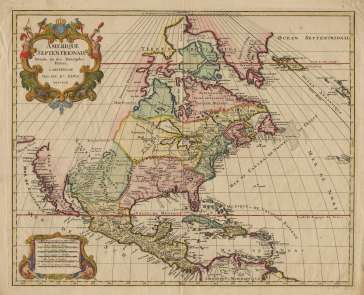 Today is my last day at my day job for a while, so I’m decompressing in anticipation of a week off, otherwise known as my real job of loafing and writing.
Today is my last day at my day job for a while, so I’m decompressing in anticipation of a week off, otherwise known as my real job of loafing and writing.
(According to Mutiny on the Bounty co-author, James Norman Hall, “Loafing is the most productive part of a writer’s life.” I agree.)
So, instead of a bit of Advice From a Dude, or another short story, I think I’ll close out this Friday with a few “background” links: two from the dark days of the Revolution, one about a Carolina shipwreck, and two food-related links — complete with archaic recipes!
• Somehow, a few weeks ago I missed the anniversary of one of the most intriguing events in early US history, the Dark Day of 1780. Right in the middle of an average May Friday during the Revolutionary War, a darkness spread across the sky of New England so thick that people had to light candles. Albert Southwick of Worcester Telegram, and Carly Porter at AccuWeather investigate the possible causes.
• Also in Revolutionary War history, renovation work at New York’s City Hall has uncovered evidence of an 18th Century almshouse: “a homeless shelter, jail, and workhouse rolled into one.” Sounds, erm … progressive.
• In nautical news, a shipwrecked sailing vessel with “an unusual design” — believed to date to the early 1600s — has been discovered on the Carolina coast.
• Now, I don’t typically (i.e., never) post recipes, but this one has a historical flavor, no pun intended. It’s Indian Pudding, described by the Houston Press‘s Anachronistic Chef as:
A distinctly American dessert, having first been made by residents of the New England colonies for fall harvest dinners. The name for this antique concoction is thought to stem from its resemblance to a similar cornmeal-based porridge eaten by local Iroquois Indian tribes.
Yum!
• And, finally, Archaeology magazine interviews Hershey Company scientist W. Jeffrey Hurst on the subject of Maya chocolate. (If you’ve ever wondered what the Observer was on about when he was talking about “shoak” and “shoak water,” the word is derived from the Nahuatl xocolátl.)
Hurst even shares a recipe for making chocolate the way the Mayans would have enjoyed it!
